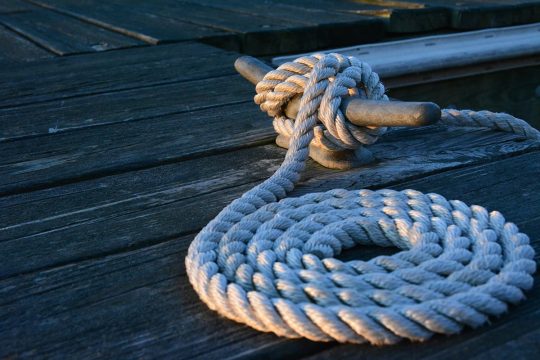Florida Maritime Injury Lawyer
If you or a loved one was injured in a maritime accident in Florida, please contact LaBovick Law Group to request a free legal consultation. Our lawyers can help you with a maritime injury lawsuit to ensure you get the compensation you deserve.
4.8/ in +600 Google Reviews
Free Case Evaluation
all fields required *
















